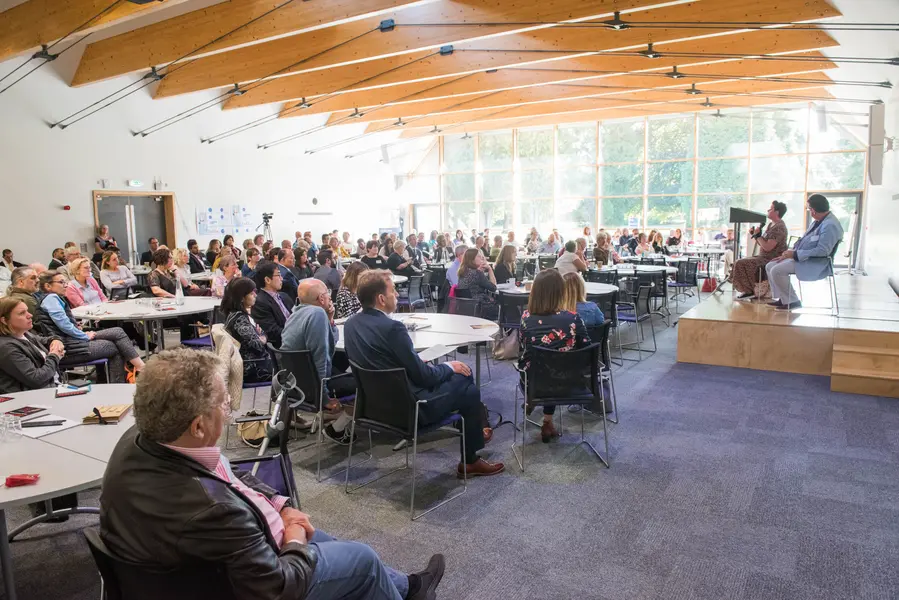Aortic Dissection Research Priorities
In 2020 we surveyed over 500 patients and family members to inform the Department of Health about the questions we would like to see answered by Aortic Dissection research. This resulted in the UK agreeing a set of national AD research priorities.

We identified our four patient priority areas for aortic dissection research as: Prevention, Diagnosis, Treatment and Recovery. Through the charity's patient-led research team, we encourage and enable high-quality, patient-centred research in all of these areas.
Prevention of Aortic Dissection
Prevention of aortic dissection through improved identification, screening and monitoring of those at risk of the condition is a key priority for patients and their families. We encourage further research into topics including:
- Improved genetic screening and surveillance of the relatives of aortic dissection patients
- Better monitoring and screening of people with hypertension
- More effective monitoring and understanding of syndromic forms of aortic disease
- Better understanding of the risks of aortic dissection related to pregnancy
Diagnosis of Aortic Dissection
More accurate and faster diagnosis of acute aortic dissections will save many lives every year. We encourage research into a wide range of topics to help improve the diagnosis of aortic dissection, including:
- Measuring awareness of aortic dissection among medical staff and identifying how best to raise it
- How to improve the training of medical staff throughout the chain
- Better and quicker tests to support diagnosis
- Improved data on AD to aid research
Treatment of Aortic Dissection
Additional research into improvements in surgical techniques and other treatment pathways for aortic dissection patients which will improve the outcomes for aortic dissection patients is a key priority us. Research areas identified by our patients include:
- The potential of less invasive surgical techniques
- Identifying which surgical techniques offer the best outcomes
- How to avoid surgical complications such as paraplegia, stroke and laryngeal nerve damage
- Improved data availability on surgical outcomes and sharing of best practice
- The best timing for surgical intervention for non-emergency patients
Recovery from Aortic Dissection
Often an overlooked area, there is huge interest from patients and their families in additional research into improving the recovery and follow-up of aortic dissection patients. Topics which our members have identified include:
- What does ideal post-dissection care look like and how can it best be provided?
- Do patients with post op discharge support in place have better outcomes?
- What psychological issues do patients experience after AD and what interventions would help them most?
- What level and type of ongoing surveillance is optimum to reduce the risk of future interventions?
The results from our patient survey formed a key input to the Department of Health and Social Care consensus workshop on aortic dissection in December 2020, which resulted in an agreed set of research priorities which was communicated by DHSC to the research prioritisation boards at the National Institute for Health Research, UKRI Medical Research Council, British Heart Foundation and Heart Research UK. To date, over £4 million of new research investment has been made in AD research. The Government recently announced £50 million of funding for NIHR AD research, which we expect to lead to tangible improvements in patient care and outcomes, as this is invested in alignment with the agreed research priorities.


